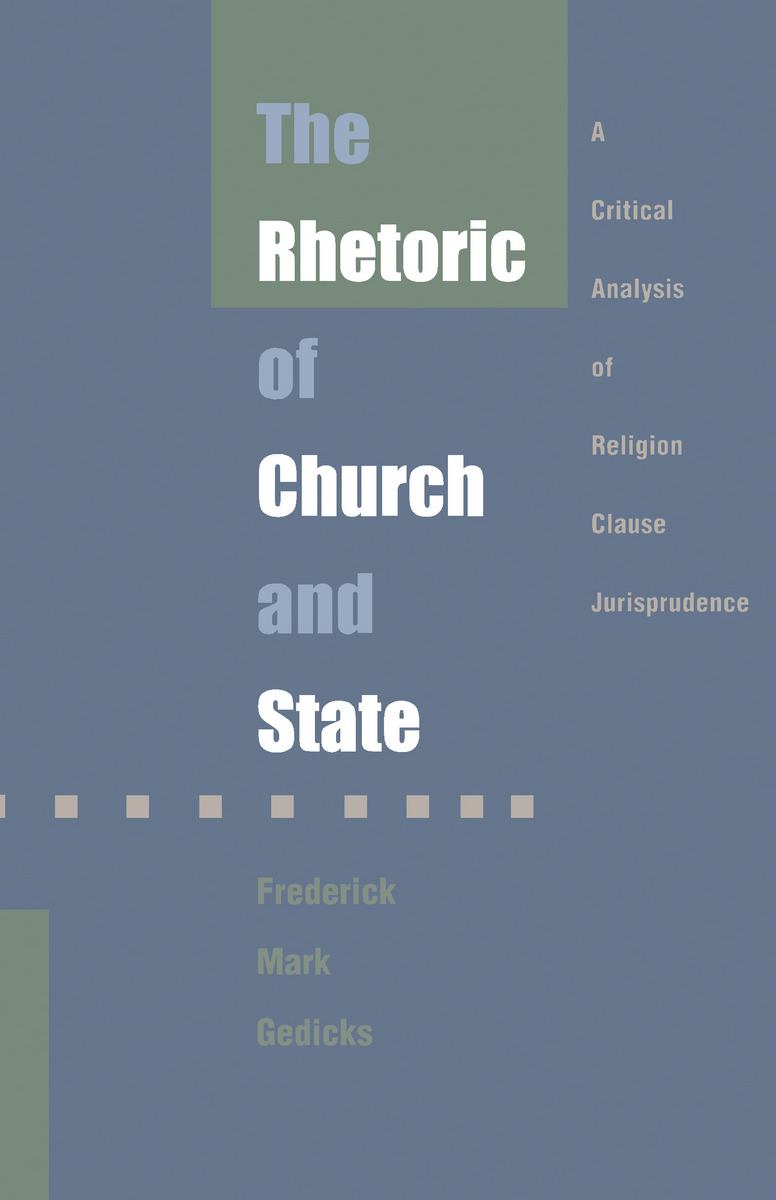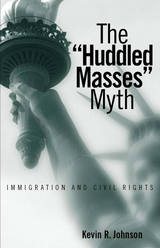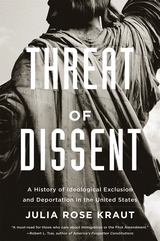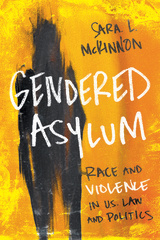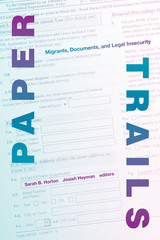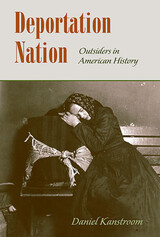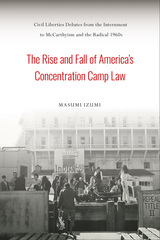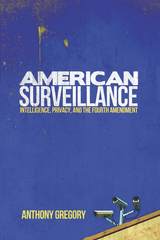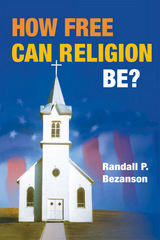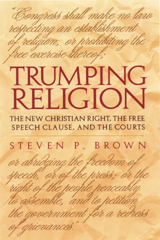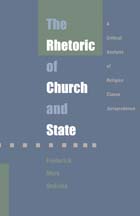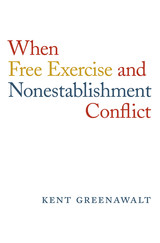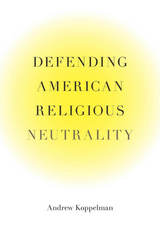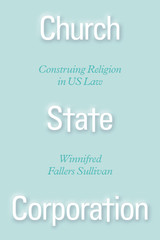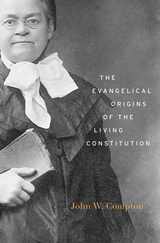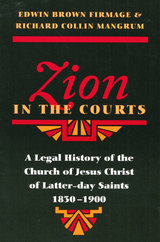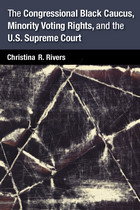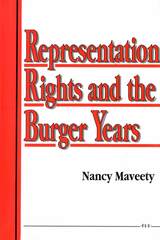The Rhetoric of Church and State: A Critical Analysis of Religion Clause Jurisprudence
Duke University Press, 1995
Cloth: 978-0-8223-1654-1 | eISBN: 978-0-8223-7786-3 | Paper: 978-0-8223-1666-4
Library of Congress Classification KF4865.G43 1995
Dewey Decimal Classification 342.730852
Cloth: 978-0-8223-1654-1 | eISBN: 978-0-8223-7786-3 | Paper: 978-0-8223-1666-4
Library of Congress Classification KF4865.G43 1995
Dewey Decimal Classification 342.730852
ABOUT THIS BOOK | AUTHOR BIOGRAPHY | REVIEWS
ABOUT THIS BOOK
During the middle of the twentieth century, the religiously informed communitarianism that had guided the Supreme Court’s decisions regarding the relationship between church and state was partially displaced by a new secular individualist discourse. In The Rhetoric of Church and State, Frederick Mark Gedicks argues that this partial and incomplete shift is the key to understanding why the Court has failed—and continues today to fail—to provide a coherent doctrine on church/state separation.
Gedicks suggests that the Supreme Court’s inconsistent decisions mirror a divergence in American society between an increasingly secular public culture and the primarily devout private lives of the majority of Americans. He notes that while the Court is committed to principles of secular individualism, it has repeatedly endorsed government actions that violate those principles—actions that would be far more justifiable under the discourse of religious communitarianism. The impossibility of reconciling the two discourses leaves the Court no choice but to efface—often implausibly—the religious nature of practices it deems permissible. Gedicks concludes that the road to a coherent religion clause doctrine lies neither in a return to religious communitarianism nor in its complete displacement by secular individualism, but in a yet-to-be-identified discourse that would attract popular support while protecting a meaningful measure of religious freedom.
Gedicks suggests that the Supreme Court’s inconsistent decisions mirror a divergence in American society between an increasingly secular public culture and the primarily devout private lives of the majority of Americans. He notes that while the Court is committed to principles of secular individualism, it has repeatedly endorsed government actions that violate those principles—actions that would be far more justifiable under the discourse of religious communitarianism. The impossibility of reconciling the two discourses leaves the Court no choice but to efface—often implausibly—the religious nature of practices it deems permissible. Gedicks concludes that the road to a coherent religion clause doctrine lies neither in a return to religious communitarianism nor in its complete displacement by secular individualism, but in a yet-to-be-identified discourse that would attract popular support while protecting a meaningful measure of religious freedom.
See other books on: Church | Church and state | Civil Procedure | Constitution. 1st Amendment | Freedom of religion
See other titles from Duke University Press
